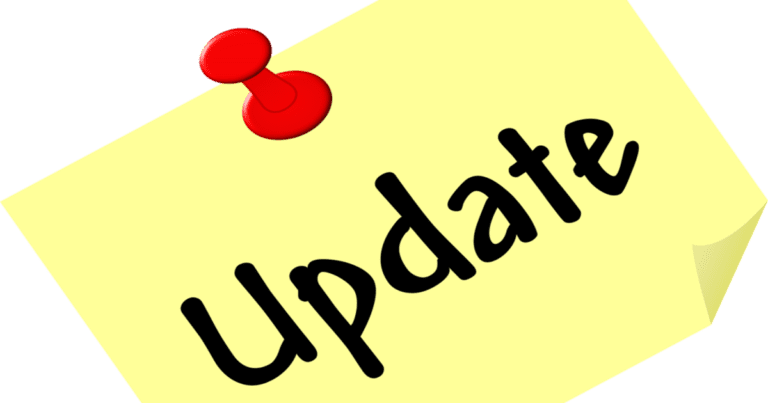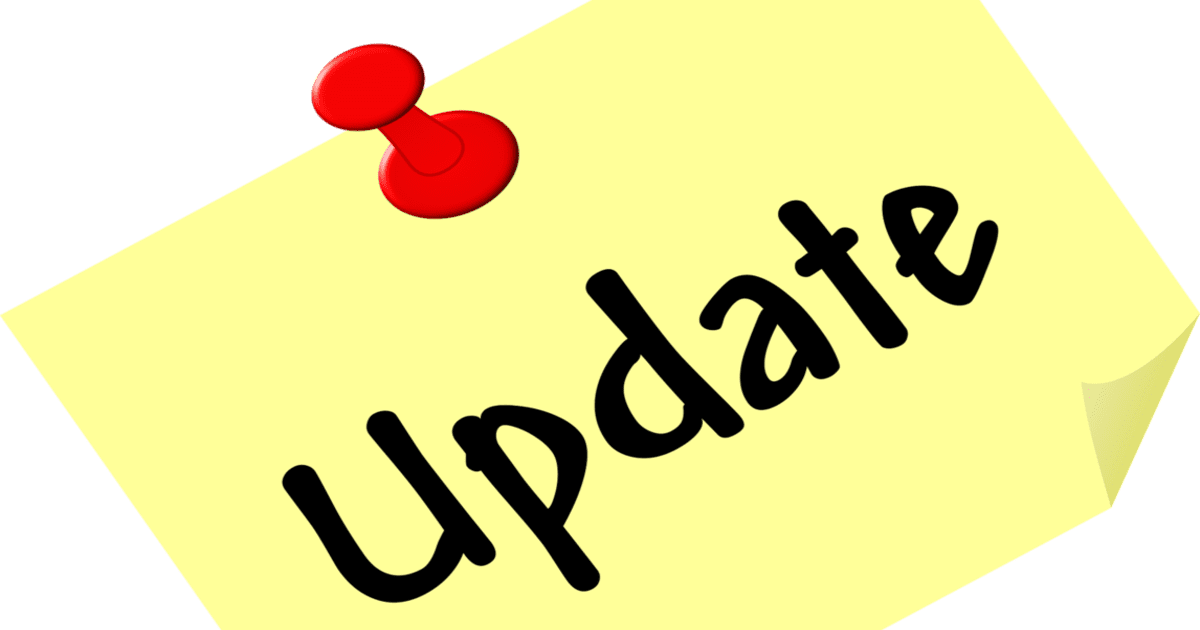Last week the Centers for Medicare and Medicaid Services (CMS) published new guidance that provides important clarifications about the content of Good Faith Estimates (GFE) required by the No Surprises Act (NSA).
Contents of the GFE
The NSA requires all providers to furnish uninsured or self-pay patients (insured patients who do not want to submit the claim to their insurance) with a good faith estimate (GFE) for care, either upon request or upon scheduling care. The GFE must include an estimate for items and services reasonably expected to be furnished during that visit.
GFEs must always include treatment codes. GFEs must also include diagnosis codes only when one is required for the calculation of the GFE. In many cases, the provider has no way of knowing what the patient’s diagnosis will be until they can examine the patient. CMS is clarifying that GFEs do not need to include diagnosis codes if the provider does not know the patient’s diagnosis when they schedule care. The guidance also reiterates that providers can give patients a single GFE for up to 12 months of recurring services.
The Advocacy Council understands the complexity of the NSA and has developed a comprehensive yet simplified overview, which will be updated as needed.
IDR portal to launch this week
CMS will launch the Federal Independent Dispute Resolution (IDR) process for resolving out-of-network (OON) reimbursement disputes between providers and health plans in “surprise” scenarios covered under the NSA. Most allergists will not need to use the IDR process. The NSA’s OON protections apply to OON services that occur in emergency and hospital settings.
To initiate IDR, providers must notify both the health plan and the federal government. The Federal IDR portal is the only way to send this notification to the federal government. Providers have been unable to initiate IDR cases against health plans since the NSA took effect on Jan.1 because the Federal IDR portal had not been launched.
Many claims that would have been eligible for IDR – had the portal been live – have since exceeded the time limit for filing these cases. CMS said in previous guidance that it will allow providers 15 business days after the IDR portal is launched to submit claims. Allergists who provide services in hospitals and have claims eligible for IDR should prepare to submit them within this timeframe.
The Advocacy Council – ADVOCATING FOR ALLERGISTS AND THEIR PATIENTS


